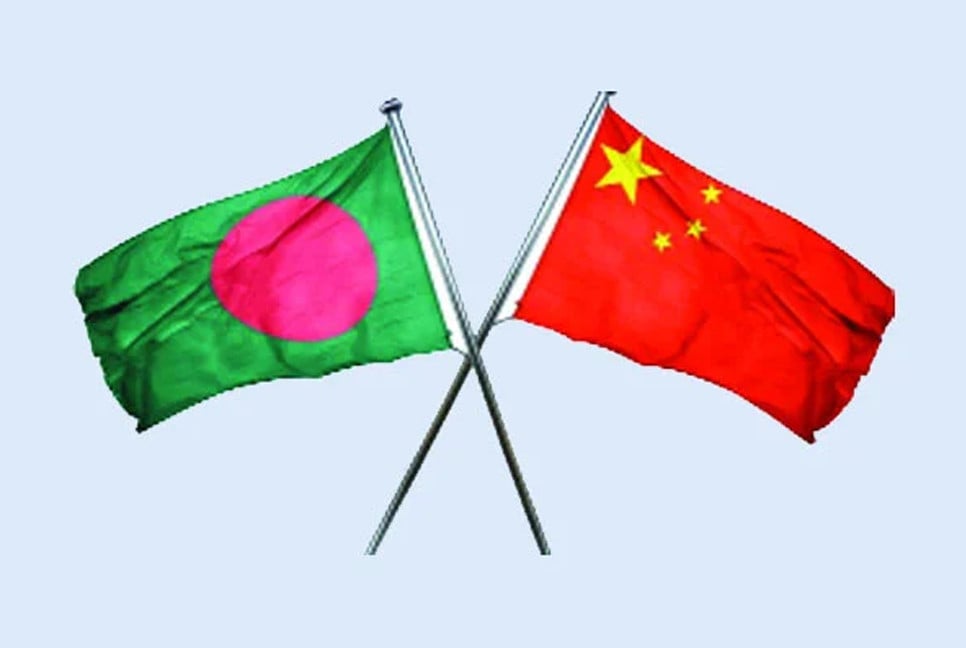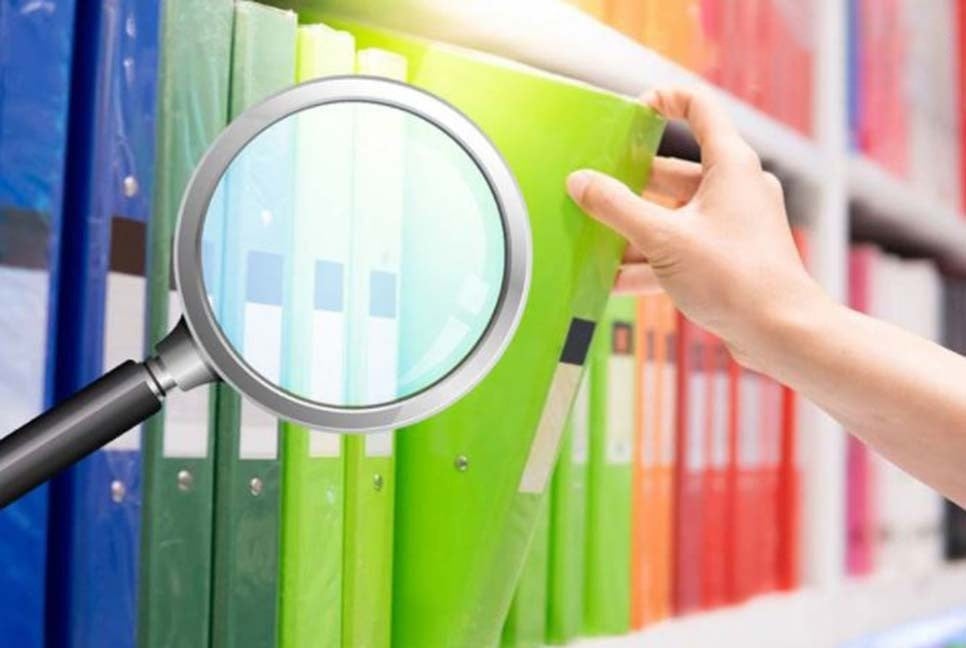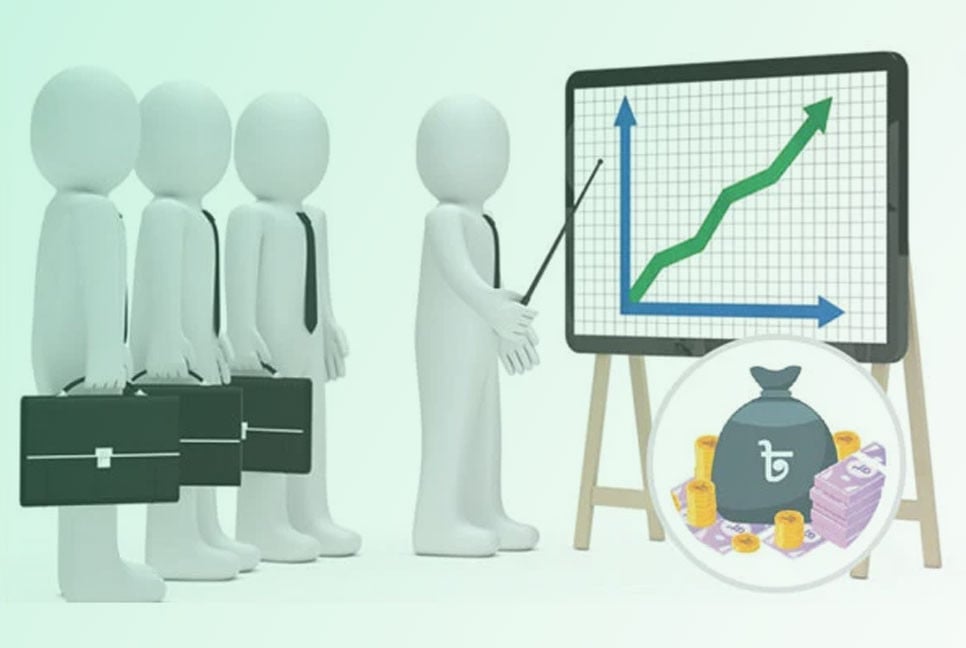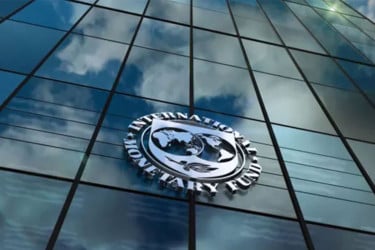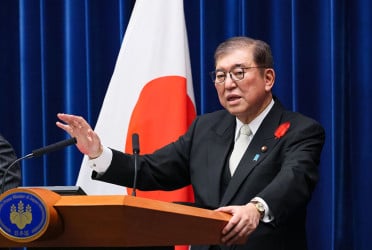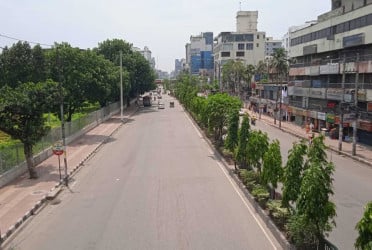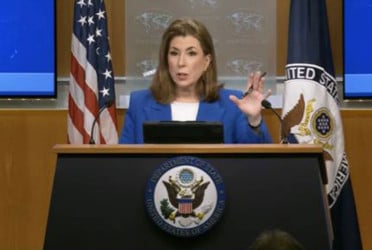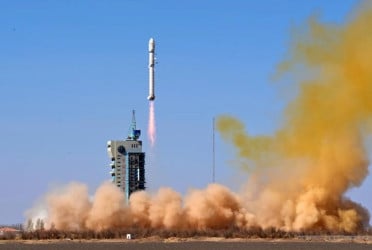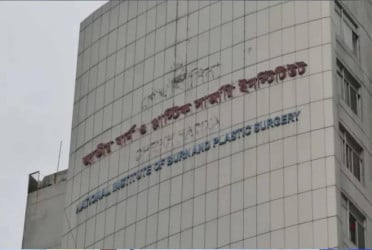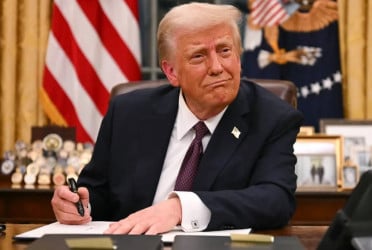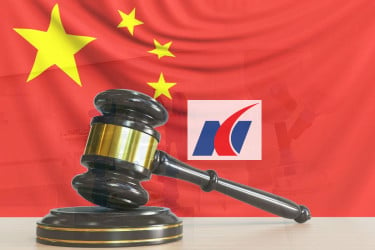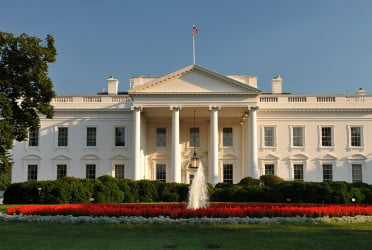China is in the topmost position among the countries from whom Bangladesh imports. 28 percent of total imported products of Bangladesh from the world come from China. On the other hand, only 1 percent of Bangladeshi exported products goes to china. To minimize this huge deficit, Bangladesh is going to take new techniques in for incoming of Chinese investment.
The Chief Advisor of the Interim Government, Dr. Muhammad Yunus, is leading a delegation to China. The Chief Advisor has met with the country's President Xi Jinping this morning. In addition, meetings are also scheduled with Chinese entrepreneurs, top businessmen and top executives of giant companies. The outline of the new Bangladesh-China trade will be determined from these meetings.
Sources related to the government said that after the July mass uprising, the new Bangladesh wants to open a new trade route with China, where the security of Chinese investment will be ensured. The profitability of investment in potential sectors in Bangladesh will be highlighted in front of the Chinese entrepreneurs. Through this, the interim government plans to reduce trade disparities between the two countries.
The Chief Advisor's press secretary Shafiqul Alam said that the China visit is very important for Bangladesh. It is a milestone visit. This is very important. Our focus will be on talking to Chinese investors, Chinese manufacturing companies, Chinese energy companies, and top companies in China.
Reasons why China will increase investment in Bangladesh: As a least developed country, Bangladesh enjoys duty-free market benefits in developed countries. Even if it exits the least developed country status in 2026, Bangladesh can enjoy duty-free market benefits for an interim period of three more years. If Chinese entrepreneurs move industries to Bangladesh and produce products in this country, they will be able to export those products to developed countries with duty-free benefits. The chief advisor will present this issue to Chinese entrepreneurs.
Sources said that China will be made aware that Bangladesh is capable of developing as an industrial hub in the region. China will also be informed that Bangladesh has multiple ports, including the Chattogram Seaport, through which reform initiatives have been taken to speed up international trade; China can take advantage of this. In addition, preparations will be made to start the work of the proposed Chinese Economic Zone as soon as possible to attract Chinese investors. The Chief Advisor has ordered the work of this economic zone to start this year.
New investment in service sector is on new attention: Sources from the Chief Advisor's office and the Ministry of Commerce said that Chinese companies are interested in investing in various sectors in Bangladesh, including agriculture, ICT, high-tech parks, textiles, automobiles, leather and solar (solar power). Apart from the education and health sectors, they also want to make strategic investments in the service sectors such as banking, insurance and financial institutions. There were discussions between the two countries during the previous government. However, since there is no bilateral agreement on trade and investment, Chinese investors could not be sure about the protection of their investments. To provide this investment protection, several memorandums of understanding on trade and investment assistance are expected to be signed during the Chief Advisor's visit.
Giant companies may come to semiconductor, solar panel, e-commerce industry: China wants to import agricultural products including mango, jackfruit and guava from Bangladesh. However, these agricultural products cannot be exported throughout the year as they are seasonal fruits. In addition, exporting these products will not earn much foreign exchange. For this reason, Bangladesh wants to bring joint investment from China in industries that have export potential to China. The government has plans to export the products manufactured through joint investment to China again.
According to the people concerned, as a least developed country, Bangladesh is currently getting duty-free benefits on 99 percent of its products in China. This benefit may be discontinued in 2026. Although China has assured to continue the duty-free benefits for another two years, this benefit is not that effective. Apart from the ready-made garments sector, there is almost no Chinese investment in other sectors in Bangladesh. For this reason, Bangladesh wants to attract Chinese investment in the production of leather and leather products, plastics, electronic goods, high-tech parks - especially semiconductors - outside the garment sector. The proposed Chinese economic zone will be assured to be built on a priority basis for Chinese investors. Chinese giant companies may also come to the e-commerce sector to capture the market of 180 million consumers in Bangladesh. In the meantime, one of the world's largest e-commerce companies owned by China has invested in Bangladesh's e-commerce trade. Several other large companies are also showing their interest.
Furthermore, there is a huge demand for semiconductors in the current technology-dependent world. As a result, if Chinese investment and technology can be brought to Bangladesh's high-tech park and used for semiconductor production, the country's export income can be increased by several billion dollars from this sector alone. That is why, at the beginning of his visit to China, Chief Advisor Professor Dr. Muhammad Yunus offered to get Beijing's assistance in facilitating the transfer of Chinese manufacturing industries, including ready-made garments, electric vehicles, light machinery, high-tech electronics, electronic chip production and solar panel industries of that country.
(Translated by Lutful Hoque)

